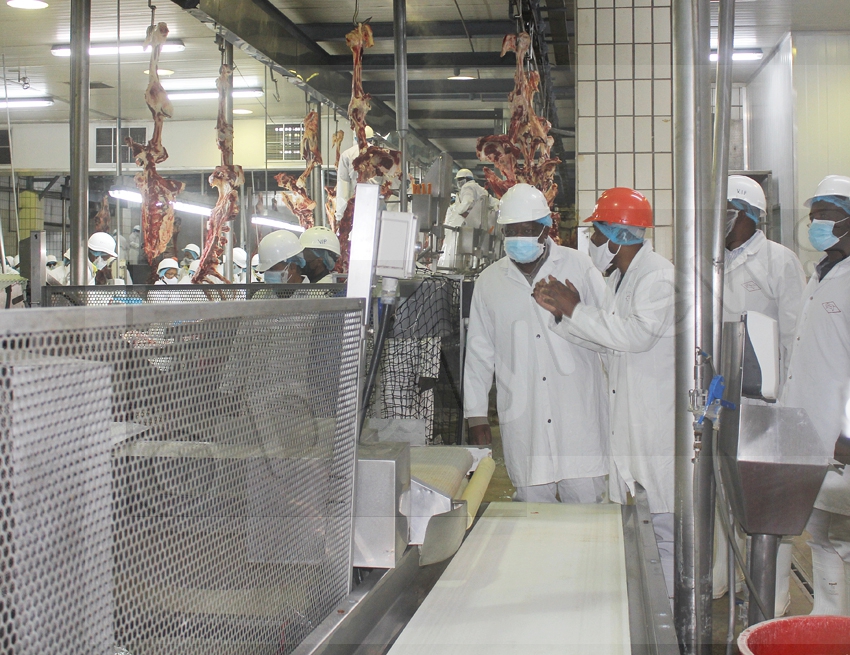Horticulture import restriction benefits farmers
19 Dec 2021
The restrictions on the importation of horticultural products has been hailed as a life changing initiative.
In a statement presented to Parliament on Friday, Assistant Minister of Agricultural Development and Food Security, Ms Beauty Manake said cabinet early this month approved a long-term restriction of the importation of selected horticultural products which Botswana has the capacity and potential to produce to self sufficiency such as tomatoes, carrots , beetroot, cabbage lettuce, garlic, onion, butternuts, water melon, ginger, tamaric, peppers and fresh herbs.
She said the restrictions would start on January 1 and that they would be subjected to seasonal and periodical reviews every two years
Ms Manake noted that the implementation of the horticultural importation regulations had led to an increase of vegetable production by at least 24 per cent from 2015 to 2020 with the country subsequently growing about 60 per cent of the country’s vegetable demand.
In addition, she said the ministry in the 2020/2021 ploughing season introduced an impact acceleration subsidy to the tune of P20 million to increase horticultural production and address issues of food insecurity during the COVID-19 pandemic.
“In promotion of export lead economy, export promotion is key and the country has already exported 552 tonnes of carrots to Zambia and 1 404 tonnes of potatoes to Namibia during the ploughing season ending 2021,” she said.
Furthermore, she said government in 2009 restricted importation of eggs and day old chicks under the control of goods to build value chain of hatchery and breeder farms.
Minister Manake noted that the country was currently implementing an infant industry protection on ultra high temperature (UHT) milk.
The infant industry protection, she said, would entail an additional levy of 40 per cent on UHT milk in addition to the normal import duties charged on UHT milk.
This, she said, would lead to the import substitution of aforementioned vegetables and increase the consumption of local produce as well as enhance local food security and increase employment creation.
She said the move would further impact on income tax and economic diversification.
Ms Manake said the horticultural industry was globally stable due to easy accessibility of horticultural farm inputs like seeds and packaging materials which were readily available at competitive prices worldwide and could be easily imported through the Walvis Bay port in Namibia. She added that the port was projected to be a commercial path for trade in Botswana.
She explained that a holistic approach to address demand, pricing and seasonality of horticultural produce would include facilitating adherence to quality standards such as good agricultural practices and product traceability through the implementation of a agricultural marketing application called AGRIMA.
The AGRIMA project, she said, was a collaboration between the Ministry of Agricultural Development and Food Security and the private sector to digitise information on local agricultural production, which would enhance sufficiency in food production and the establishment of a visual market for produce. ENDS
Source : BOPA
Author : Thato Mosinyi
Location : Parliament
Event : Parliament
Date : 19 Dec 2021



